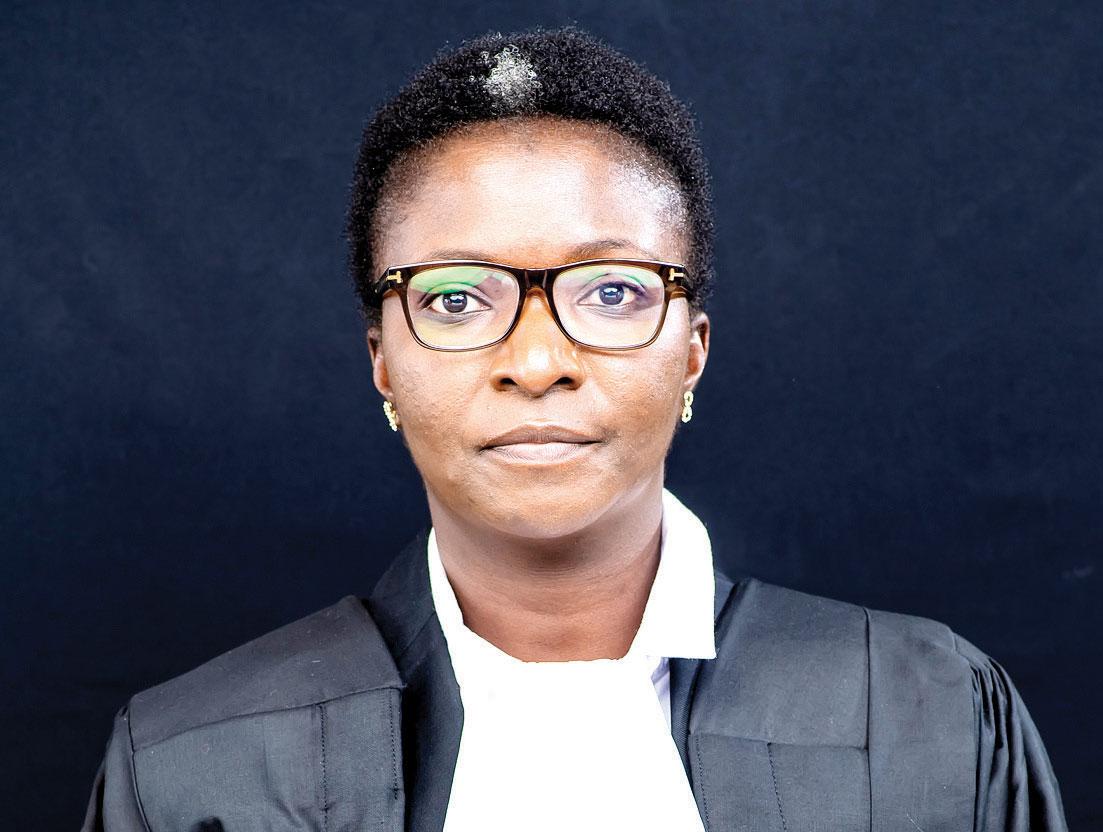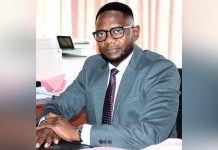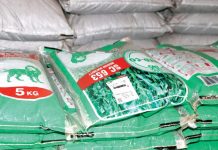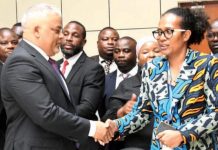Africa-Press – Malawi. Seven months since President Lazarus Chakwera announced that 84 officers are named in a report on allegations of corruption in connection with dealings with Zuneth Sattar, only six public officers have been arrested thus far.
And there has been no significant movement on their cases. Worse still, the cases are in an even darker shadow now as the spotlight has been turned on the chief graft-buster herself, Martha Chizuma.
Chizuma was arrested last month, to the furore of the public, leading to Chakwera establishing a commission of inquiry into circumstances surrounding her arrest.
The President is yet to take action on the commission of inquiry report which has received considerable criticism. In our story published in July last year, we reported that some of the 84 people include:
Three judges: one serving, another retired Supreme Court judge and a serving High Court judge, Six Malawi Defence Force (MDF) officials, including a brigadier and colonel,
13 Malawi Police Service (MPS) officials, Three principal secretaries, Two chiefs of staff,
Two officials from Reserve Bank of Malawi (RBM), Two from the Financial Intelligence Authority (FIA), One from Anti-Corruption Bureau (ACB), Three vocal CSO leaders,
10 journalists.
Those appearing on the list and arrested so far include Vice President Saulos Chilima, former Lands Minister Kezzie Msukwa, former principal secretaries Reyneck Matemba and Kennedy Nkhoma, former Inspector General of Police George Kainja and a legal officer in the police, Mwabi Kalua.
Appearing on the list and relieved of his duties was chairperson for the Public Procurement and Disposal of Assets Authority (PPDA) John Suzi Banda. No arrest has been made on anyone from the private sector appearing on the list.
The cases are stuck because among others, the Attorney General Thabo Chakaka Nyirenda has not yet cleared the ACB to obtain and use pieces of evidence from the National Crime Agency of Britain.
On the other hand, the Supreme Court of Appeal is yet to decide on the case in which Msukwa and Sattar’s agent Ashok Kumar Sreedharan are challenging a decision of the High Court in Lilongwe to use foreign evidence.
The slow pace of the matters is subject of concern among commentators. Equally concerned is Malawi Law Society president Patrick Mpaka over the fact that there is no progress on the report.
He said since the report was submitted to the President, few people have been arrested and none of them has taken plea. He said it is evident that there are efforts by the State to frustrate the cases.
Executive Director for Centre for Human Rights and Rehabilitation Michael Kaiyatsa said it is frustrating that despite the recent law amendment to allow ACB to prosecute cases without the consent of the DPP, progress on such high profile cases continues to be slow.
“After the amendment, we expected to see improvement in the rate of prosecutions of corruption cases. But what is happening is quite the contrary,” he said, adding that the slow pace demonstrates lack of commitment from the system to pursue the cases.
Kaiyatsa said the ACB is not entirely to blame for the slow progress because he said other law enforcement institutions seem to be working against the bureau.
Executive Director of the Church and Society of the Blantyre CCAP Synod Reverend Master Jumbe said it is important for officers mentioned in the report to face justice so that they are either cleared or prosecuted.
“Malawians expect justice to be done on all officers mentioned in the ACB report. It is always said that justice delayed is justice denied. Some of the people implicated could be innocent and so it would be necessary to have them cleared.
“The pace is frustrating for the general public. It is doubtful if as a country we shall win the battle against corruption,” he said.
He also blamed it on lack of coordination among the institutions supposed to lead in the fight. “Slowly but surely we are losing the battle against corruption in this country,” Jumbe said. In an interview, ACB spokesperson Egrita Ndala said last year that the Bureau shares the concerns from the public on the progress of the cases.
“The Bureau shares the general public sentiments, to see to it that corruption allegations relating to Zuneth Sattar and other public officers in Malawi and other equally high-profile cases it is handling are dealt with efficiently,” Ndala said in a statement.
She said after finalising investigations on a particular public officer, they would be compiling a report to the relevant head of Ministry, Department and Agency and the Office of President and Cabinet for an appropriate action.
Ndala admitted that the bureau’s workload had indeed increased due to issues relating to the Sattar cases and some other equally high-profile cases. Treasury came to the rescue of the Bureau by disbursing additional K400 million funding.
Ndala said the bureau would hire at least five private practice lawyers to assist in the prosecution of some of the cases. The Chief Justice also allowed the current High Courts to be used as Financial Crimes Court for ACB cases.
For More News And Analysis About Malawi Follow Africa-Press






